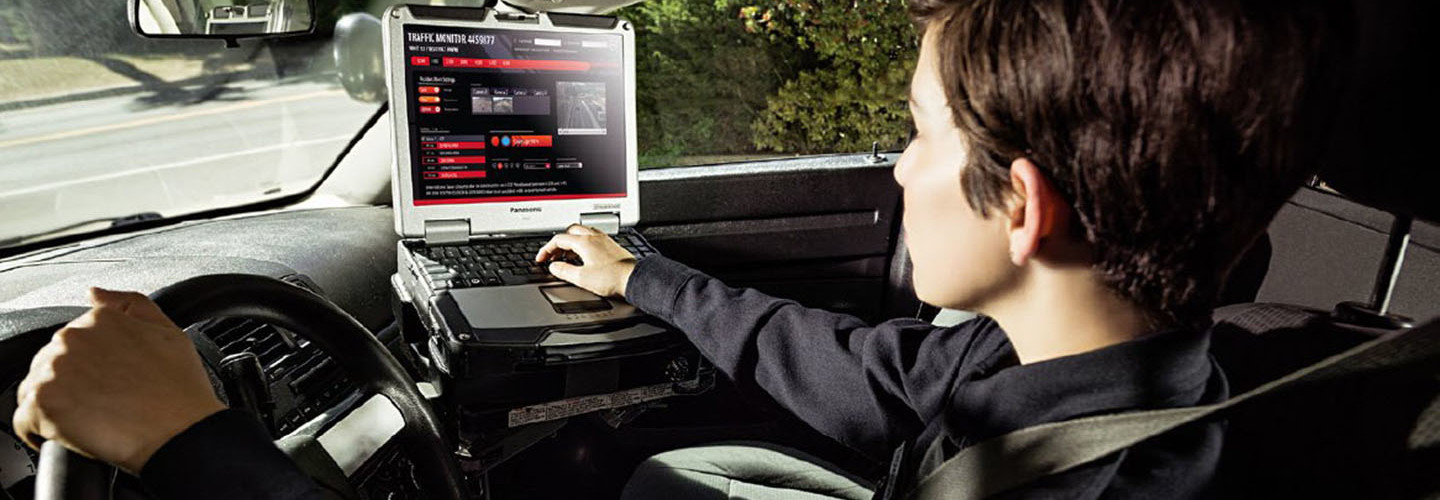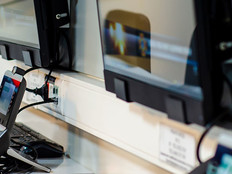Self-Service Policing: How Technology Is Reducing Dispatcher Reliance
Dispatchers are far from a thing of the past, but new technology is helping streamline the information exchange for law enforcement. In Fillmore County, Minn., Panasonic Toughbooks — rugged notebook computers that can be taken on calls — are allowing police officers to bypass much of their previous reliance on dispatchers.
According to the Fillmore County Journal, before notebooks were installed in 19 squad cars in 2016, officers needed to call in to dispatchers for information on individuals or vehicles, as well as stop off between calls at the Fillmore County Sheriff’s Department — or whichever city offices were closest — to fill out a report.
“The days of calling in a license plate or driver’s license number and then waiting while dispatch looked up the information and relayed it back are also over. Officers can now enter the number into their laptop and within seconds, have everything they need on the screen. An additional benefit to this is that it reduces the call load for the dispatcher,” the newspaper reports.
With the demand for self-service solutions from state and local governments on the rise, cities and states are starting to offer self-service portals to citizens to retrieve or file documents, but the technology also lets police officers rely less on dispatchers.
Toughbooks have been implemented as an in-car solution for policing in several cities, including Washington, D.C., and Tulsa, Okla., which can relieve their reliance on dispatchers and radios. The notebooks also allow officers to see where all other police cars are in real-time, according to the Fillmore County Journal.
“We were considering whether it was safe or effective to have only one dispatcher on (duty) at a time, but with the reduced workload, we can put the decision off for a while longer,” Sheriff Tom Kaase told the newspaper.
This could be just the start of a trend that could reduce the workload for dispatchers. The West Sacramento (Calif.) Police Department, for example, recently partnered with a software startup to “craft a digital solution that allows police to manage, analyze, record and report on cases in real-time from the field,” reports San Francisco’s Startup in Residence program.
Brand-new technology could even work to eliminate much of the dispatcher’s need to intervene. Montgomery County, Va., for example, is testing automatic injury detection (AID) technology that immediately generates and sends alerts via text and two-way radio if a plastic vest worn by an officer is punctured, WSET ABC 13 reports. The system generates a Bluetooth signal with a Google Earth hyperlink that automatically sends out the officer’s location and personal information, which is then distributed without contacting a dispatcher.
"The rescue squad is already going to have all the deputy's personal information when they're pulling out of the crewhall," Sherriff Hank Partin told the news station. “They're already contacting the emergency room. The hospital will already have tons of time-saving, life-saving information.”








